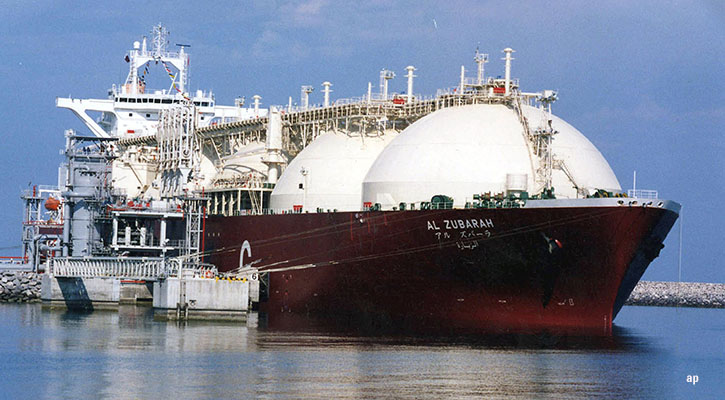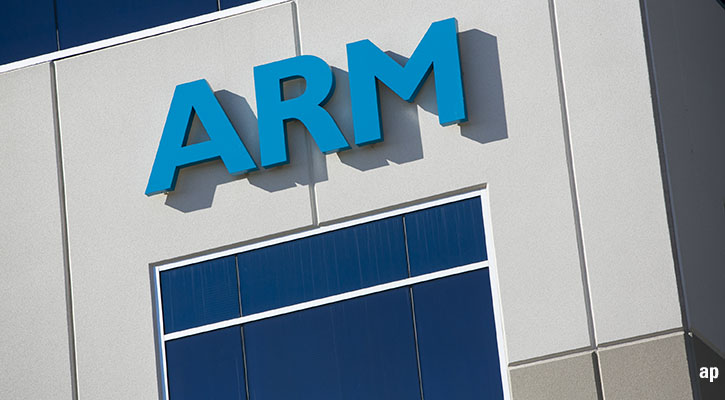Holly Cook: Morningstar equity analyst Todd Wenning recently wrote a really popular article for Morningstar.co.uk called “The 12 Safest Dividends in the UK?” He joins me today to give us a little bit more information on how to find those dividend paying stocks.
Todd, thanks for joining me.
Todd Wenning: Thanks for having me.
Cook: So, for investors looking for a company that's going to pay out that reliable dividend that they can rely on well into the future, what would be your number one thing to look out for?
Wenning: Number one thing I would look out for is does this company have an economic moat, which in layman’s terms is a sustainable competitive advantage. Can this company protect its business from competition over the next five, 10, 15 years? The reason for that is I want to see companies that have – they are confident in their ability to raise their payouts over time. A company that's afraid of competition is going to be less likely to increase its dividend as quickly as a company that feels very comfortable about its business. So, an obvious example of that might be British American Tobacco. Although, it's sort of a controversial type of company, some people don't like to own tobacco stocks, it's a very, it's an addictive product. They have strong brands and a strong distribution network that protects the company from up-store competition. You and I couldn't go out and start our own tobacco firm today. So, that way they can protect their business, they know pretty – within a small range – what their profits are going to be next year and they can feel confident in raising their payouts year-over-year.
Cook: And that economic moat is something that Morningstar analysts are very focused on when they're doing their research.
Wenning: Exactly.
Cook: Something to look out for.
Wenning: Right.
Cook: So, what would be number two on your list?
Wenning: I would say a company that has plenty of free cash flow cover of the dividend. A lot of people use the earnings covers, they look at earnings per share and they divide it by the dividend per share to see how much cover there is for the dividend. But I look for free cash flow because the dividends are paid for with cash rather than earnings which is an accrual basis for accounting. So, I look for free cash flow, I look for at least 1.5 times free cash flow cover. So, in other words, a company has £1.50 in free cash flow versus for every pound that it pays out in dividends. That way if the company falls on a tough year, they still probably have enough to maintain that payout going forward.
Cook: So, if you look for that kind of 1.5 times [cover] there then you know that the company has got a buffer, so in theory your dividend should be safe?
Wenning: Exactly, right.
Cook: So, how about from a historical point of view. I'm assuming this isn't – you don't just look for one year of decent stats, is that something that's important as well?
Wenning: Well, I look for companies that have a long track record of increasing their dividends, that way you could see that their management is interested in sharing the profits of the business over time. They see their shareholders as a partner in the business and they will generally ideally increase their payouts along with the growth in earnings. So, a company example of that would be Diageo, who year-after-year has increased their payout for over 10 years now. You can see that they feel very confident in their ability to return cash to shareholders over time.
Cook: So, we've had the sustainable competitive advantage, the free cash flow yield and that historical record of increasing dividends over time, any more that you would add to the list?
Wenning: I'd say a company with a great balance sheet is a positive. Now I look at these things all as a group not individually. A company that just has a good balance sheet doesn't mean that it's a good dividend payer because we've seen companies with good balance sheets cut their payout. But a good balance sheet does help because it puts less strain on equity financing. So, a company with a strong balance sheet can go to the market and borrow cheap debt to pay for acquisitions, projects that they're doing internally. They don't need to issue new equity or knock over their dividend quickly to be able to finance these operations. So, a good balance sheet; an example of that would be GlaxoSmithKline, very excellent balance sheet. I own the stock for full disclosure. But [it has a] very, very good balance sheet, so they don't have to worry about financing their internal operations with lower dividends or even cut dividends.
Cook: So, the three company examples that you've given us are all companies that have been around for a very long time, they've really built their business up over a long time. Does that come back to that economic moat point that you made, like that's how they've managed to build that?
Wenning: Sure, they've been around for a long time, a lot of old companies don't have moats, but they’ve stuck around long enough. But I think the important part is even if it's a small cap-company, even if it's a mid-cap or a large-cap company, does this company – is it doing something right, is it doing something that can ward off competition and sustain their competitive advantage over the long-term? And that's what I would look for as a dividend investor to make sure that I get my payouts year after year after year.
Cook: Thanks. That's some useful information for finding nice reliable dividend payers.
Wenning: Sure, thank you.
Cook: For Morningstar, I'm Holly Cook and for more information on what Todd's been telling us about dividends, see the article below this video.




















:quality(80)/cloudfront-us-east-1.images.arcpublishing.com/morningstar/MNPB4CP64NCNLA3MTELE3ISLRY.jpg)









